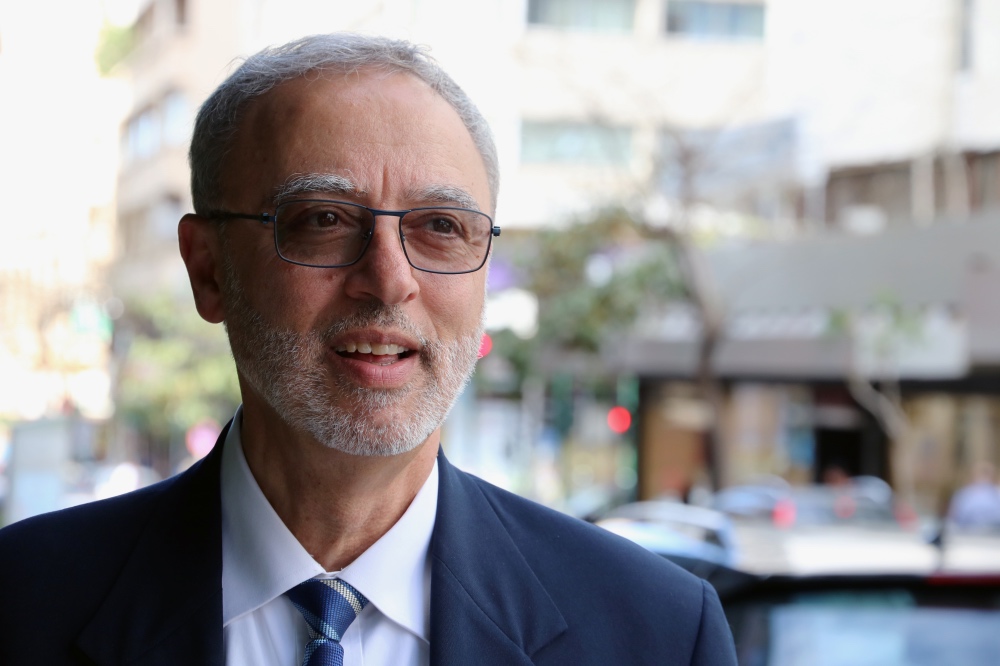Follow this link for part I...
Born in Nazareth, Galilee, Rev Dr Said Ailabouni moved to the US at the age of 19 to become a physician. But he was so angry at God that he went to study theology instead, becoming a Lutheran pastor. Now he is leading the Middle East & Europe desk of the Evangelical Lutheran Church in America. Since leaving his hometown 50 years ago, he visits his Palestinian family regularly. As this week marks the World Week for Peace in Palestine and Israel, Ailabouni agreed to share some of his lifetime observations with the World Council of Churches…
What are the Middle East countries in which the Evangelical Lutheran Church in America supports particular programmes?
“Jerusalem and the West Bank are major areas where we are investing in support to our companions. The Augusta Victoria hospital in Jerusalem is one of the major institutions that we support. It is a health institution providing specialised care for Palestinians from all over the West Bank and Gaza. It is also the only hospital for cancer treatment for Palestinians.
“We are providing support to refugees in Egypt. Like Jesus 2000 years ago went to Egypt to find refuge from King Herod, there are many people now going to Egypt fleeing from tyrants. They are coming from Ethiopia, Eritrea, Somalia, South Sudan, Sudan, Yemen, Syria, Iraq. Unfortunately, they are not always welcomed – Egypt is a poor country and they have plenty of hardships themselves.
“We also support two seminaries in the Middle East – one in Beirut, Lebanon, and one in Cairo, Egypt. Besides supporting Lutheran World Federation work in the Middle East we also support a couple of programmes of the Middle East Council of Churches. These programmes provide women the opportunity to develop skills to earn a living, and to provide trauma healing to church workers who have been traumatized by the war, so that they can recover and go back and serve.
“We want to grow our support for the refugees in the four countries where we are working now, which are Syria, Lebanon, Jordan and Iraq.”
Read the article by Ivars Kupcis in Sight Magazine.

